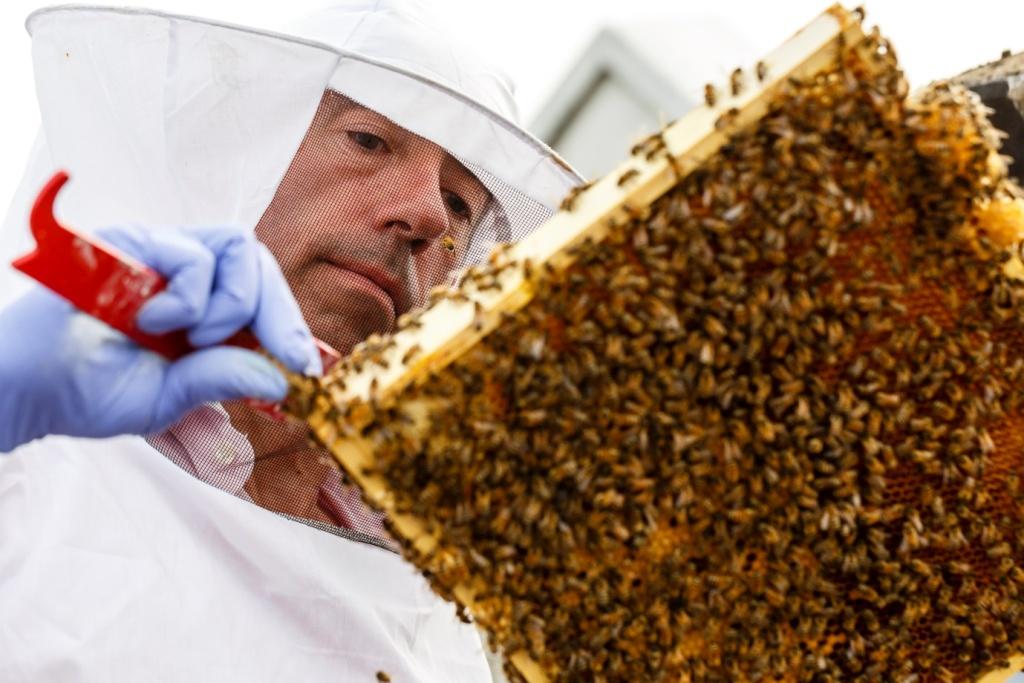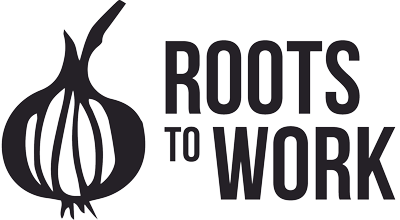
Why the fascination with bees?
Honeybees are such gentle, industrious creatures. And they make mankind’s original luxury item: honey, unchanged in 80 million years.
How is there space in London for bees to forage?
There's a fragile equilibrium between our dense urban bee population (there are over 3,000 hives in a 10-mile radius of Bermondsey Street alone) and available forage. We work closely with urban greening charities and community groups to plant substantial, enduring forage, and would encourage everyone who has their own bees to get digging and planting too.
How can I get started?
Join your local beekeeping association. Discover whether you like working with bees and learn to be a good beekeeper before you get your own hives.
What is the one thing you wished you knew before venturing into beekeeping?
As every beekeeper will tell you, bees are full of surprises - they don’t read the same books that we do!
Any predictions as to how the honey industry might grow in the future?
Consumers will come to shun mass-produced, de-natured supermarket syrup and cherish small batch, raw artisanal honey, much as they do with bread, olive oil and chocolate.
Bermondsey Street Bees is a London Food Link supporter. Portrait by Miles Willis for The Jellied Eel
Find good food jobs and volunteering opportunities through Roots to Work, run by London Food Link’s Capital Growth team
Electrify The ‘Eel!
The original version of this article first appeared in The Jellied Eel magazine, an element of London Food Link's work as the voice for good food in the capital.
You’ll be helping LFL to support and promote the people who grow, cook, make and save good food in London. This will includes a new local food map, more digital content, a new support and mentoring programme, making Jellied Eel magazine easier to produce, whilst staying free from unethical advertising. In return, you’ll get to bag yourself a fantastic foodie reward.



